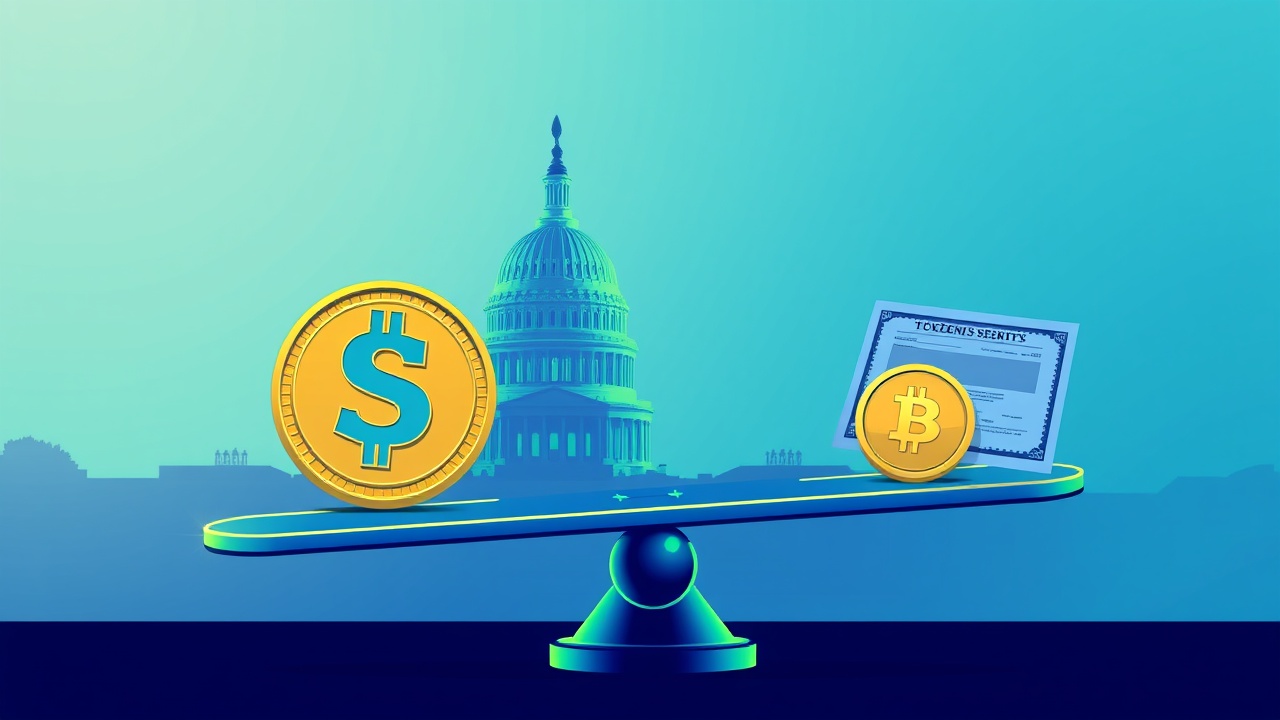US Senate Advances Cryptocurrency Legislation
On Friday, the US Senate made significant amendments to its cryptocurrency market structure legislation, introducing a pivotal element aimed at the regulation of tokenized assets. The newly added provision will guarantee that when stocks and similar securities are tokenized via blockchain technology, they remain classified under securities laws rather than being reclassified as commodities. This distinction is crucial for digital asset companies engaged in the tokenization process, as existing regulations for stocks must be preserved to maintain their alignment with the frameworks of broker-dealers, trading platforms, and clearing systems.
Legislative Goals and Timeline
“It is our goal to have this bill on the president’s desk before the year concludes,” stated Senator Cynthia Lummis from Wyoming, who is one of the primary sponsors of the bill, in a conversation with CNBC.
The proposed legislation is known as the Responsible Financial Innovation Act of 2025 and delineates the regulatory responsibilities between the Securities and Exchange Commission (SEC) and the Commodity Futures Trading Commission (CFTC) regarding various digital assets.
Lummis is optimistic that the Senate Banking Committee will review and vote on the SEC-related elements of the bill this month, with a subsequent vote from the Agriculture Committee on matters related to the CFTC anticipated in October. A complete Senate vote might take place as early as November, depending on the progress of bipartisan discussions, which have yet to gain support from Democratic members.
Coalition Efforts and Concerns
Efforts are reportedly underway to unify both parties on key issues within the bill, with Lummis expressing hope for growing cross-party collaboration. In tandem with this legislative process, a coalition comprising 112 crypto firms, investors, and advocacy groups recently reached out to Senate committees to advocate for the inclusion of safeguard measures for software developers and non-custodial service providers within the upcoming regulations. Notable names among these stakeholders include Coinbase, Ripple, Kraken, Uniswap Labs, and venture capital firm a16z.
This coalition has cautioned against the potential misclassification of these essential players as intermediaries due to outdated financial regulations, warning that existing regulatory uncertainty is already deterring developers from operating in the US. They highlighted a concerning trend where the US share of open-source blockchain developers fell from 25% in 2021 to just 18% in 2025, as per data from Electric Capital. The stakes are high as the Senate works towards finalizing a framework that they hope will foster innovation while providing necessary legal clarity.




